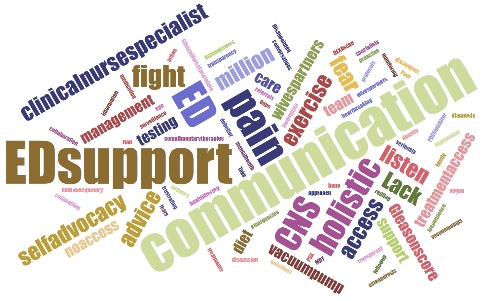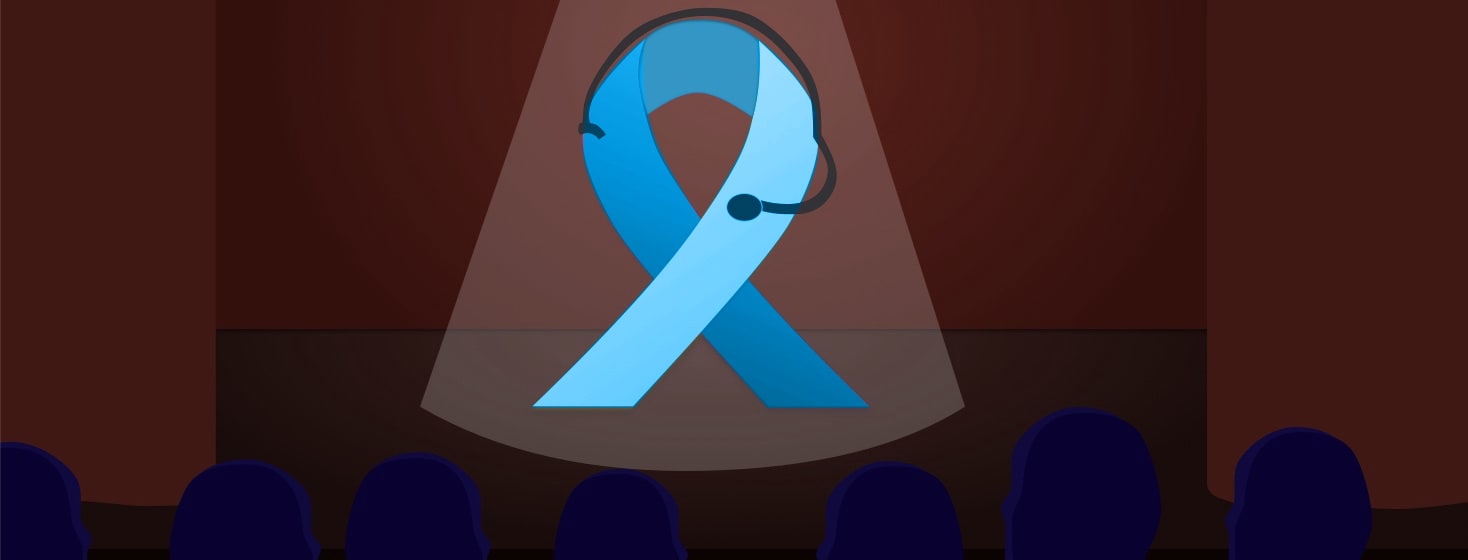We Can Do Better, We Must Do Better
I had the privilege of being asked to speak, representing patients, as part of a symposium at the European Association of Urology Conference 2024 in Paris. I shared that I found it really shocking that many men diagnosed in the U.S. with metastatic prostate cancer were only given androgen deprivation therapy (ADT) as their treatment, when researchers have noted improved outcomes in some patients using at least two treatments combined (doublet therapy) or three treatments (triplet therapy).1-3
Based on that discussion, the theme of the symposium became “We Can Do Better,” with the oncologists making it clear in their presentations that offering their patients only ADT simply wasn’t good enough. We also highlighted that our audience, urologists and urological nurse specialists, needed to be much more aware of what standard of care actually consisted of and make sure that their patients were either offered it or referred to an oncologist.
Sharing my prostate cancer story
The panel that I was part of consisted of two professors of oncology, from the UK and Canada, and someone who will be a professor very soon, from Spain. It was a very eminent panel and felt quite intimidating when we met online for the first time. But thankfully we gelled really well, and I was very flattered when they decided to build the one-hour symposium around my personal cancer journey.
We talked about how combination therapies have proven to be effective (and in some cases more effective) than just ADT alone. Doublet therapy might consist of ADT + Chemotherapy, or ADT + an ARSI therapy (Abiraterone in my own case). Triplet therapy could be ADT+ARSI+Chemotherapy, and my colleagues on the symposium got the message across very strongly about doing better for men with treatments.1-3
This or That
Do you feel satisfied with your healthcare experience?
Addressing poor quality of care
In my short presentation I focused on the really poor quality of holistic care for men living with advanced-stage prostate cancer. I shared in particular the fact that if men didn’t self-advocate, even if we shouldn’t have to, I felt we inevitably got even worse care!
I put together, with the help of many support group contributors, a word cloud of all the things that troubled men when newly diagnosed and where care was substandard.

You can see the things that troubled us most. The gist of this being that healthcare professionals were generally good at treating the cancer but not very good at treating the patient!
The biggest issues
Among the issues: a lack of clinical nurse specialists (CNS), having to fight/self-advocate for proper care, poor communications from healthcare professionals, lack of support for partners, fear, pain, and access to drugs/care. But the one that stood out most when compiling the word cloud was sexuality (erectile dysfunction, ED) and psychosexual support which, here in the UK at least, is basically non-existent.
My wife and I were blessed that, due to having medical insurance, we were able to access psychosexual support and learn about intimacy, touch, feel, etc. I was given the clear message that, although I may have lost my sex “drive,” I hadn’t lost my sex “desire.” For us this was a really important message that had a huge impact on our relationship, but this standard of care is simply not available to all when it clearly should be.
It was really interesting to chat at the conference to an andrologist (who helps treat issues with the male reproductive system) and be told that she had many referrals of men who’ve had prostatectomies but virtually none of men on longterm ADT. I think that this perfectly summarizes my argument that “we can do better.”

Join the conversation